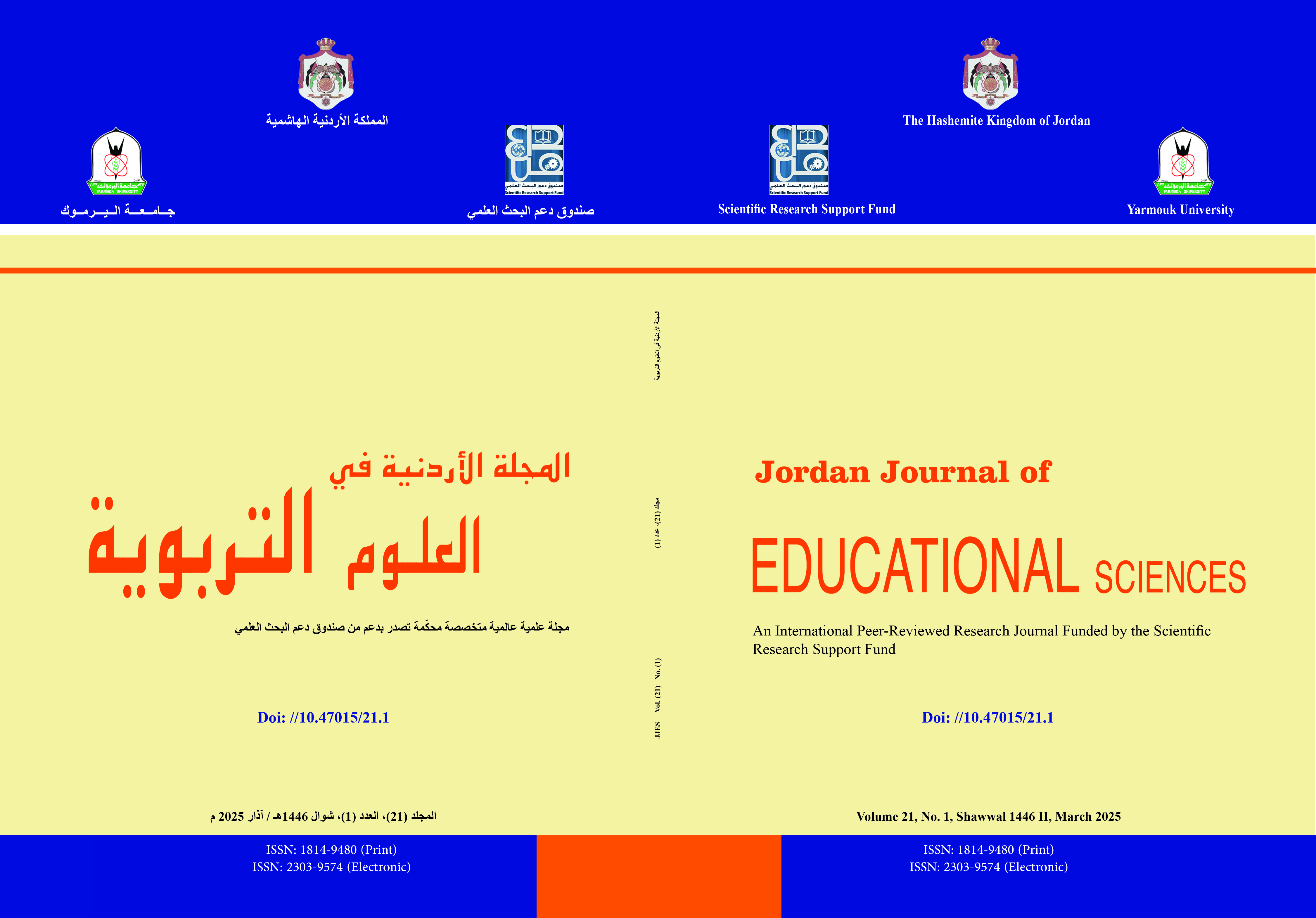A Meta-Analysis of Primary Studies Published in the Period (1974 - 2022) that Examined the Effect of Mathematics Teaching Methods on Some Psychological and Affective Variables
DOI:
https://doi.org/10.47015/21.1.5Keywords:
Meta-Analysis, Effect Size, Mathematics Teaching Methods, Psychological and Affective Aspect.Abstract
Objectives: This study aimed to evaluate the average effect sizes of experimental and quasi-experimental studies on the effect of mathematics teaching methods on some psychological and affective variables published in Jordanian refereed journals. The sample included 20 primary studies.
Methodology: Meta-analysis was used, and a coding model was developed; its validity and reliability were verified. The results showed a variation in the average effect sizes of the primary studies.
Results: The average overall effect size of the primary studies on the effect of teaching methods on some psychological and affective variables (1.438) indicates a very large effect size according to Cohen. The average effect sizes for the secondary stage were at a huge level (1.554), and the effect size was not significant for the preparatory stage. The effect sizes were also at a huge level (1.925, 1.882) according to the sample size variable for the category of 5 to 55 individuals and the duration of the study application for the period of more than one month and less than one semester, respectively. The descriptive results indicated that 10% of the primary studies used the random sampling method, and 5% were conducted in universities, while the percentage of studies applied to gifted students was 0%. It was found that all of them used only one method to verify reliability, and no primary study was found that used the statistical analyses ANOVA or MANOVA.
Conclusion: Based on the results, the researchers recommend conducting more mathematics education studies on gifted students, private schools, the university stage, and the preparatory stage within the psychological and affective variables.

